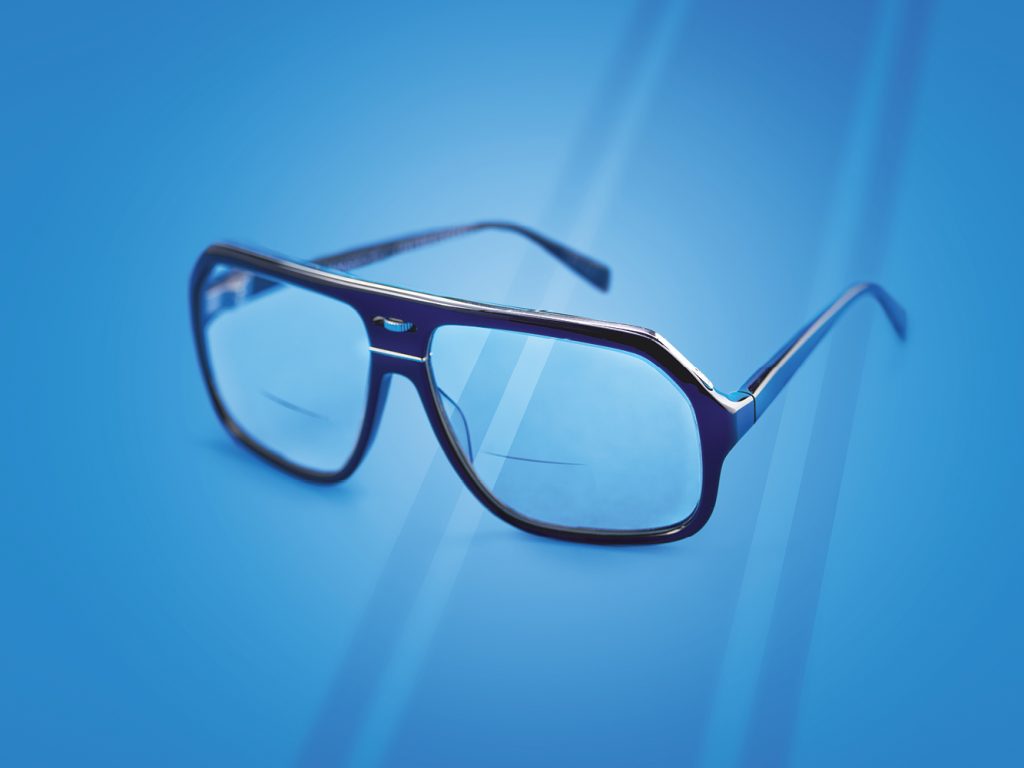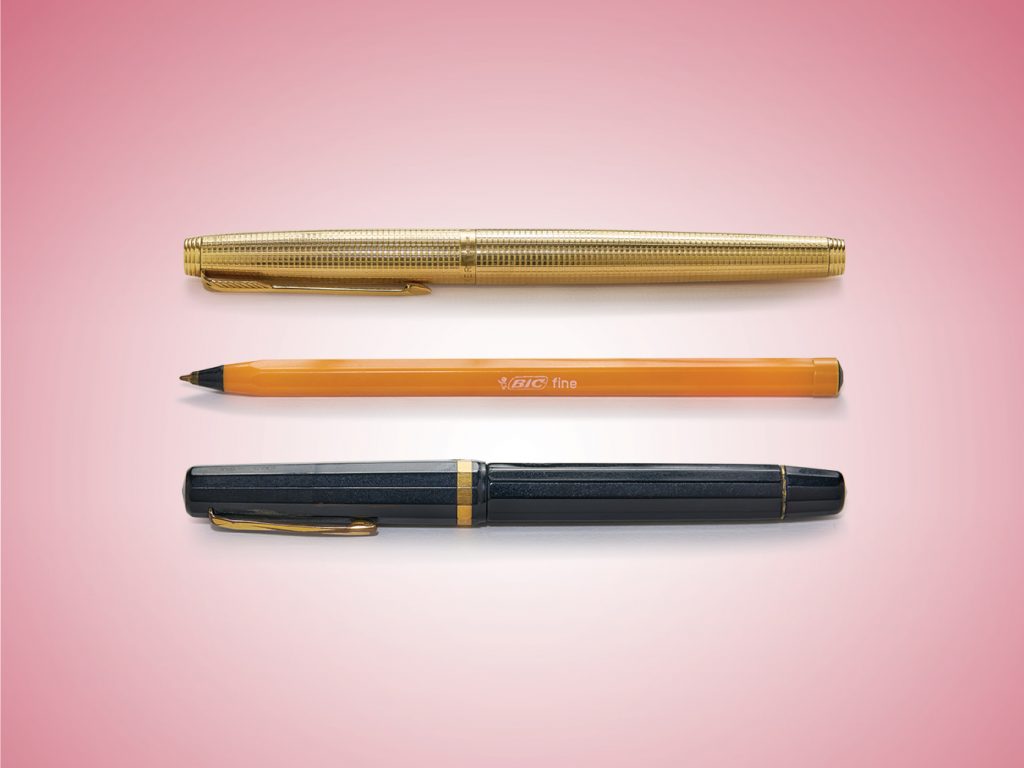They did it in the laundry room
Researchers Guido Imbens and Joshua Angrist got the inspiration for their best idea at a laundromat in Boston. At the time they didn’t know where these conversations while waiting for colour washes would lead, but now they know for sure that a change of scenery can bring new perspectives and ideas.
Imbens and Angrist received the 2021 economics prize for their research on the labour market. Their studies of cause and effect in situations where chance or policy changes have led to people being treated equally are groundbreaking. Their ‘natural experiments’, in real-life situations, have given the world research results that can improve or explain why the labour market looks the way it does.
The detergent bottle given to us by Guido Imbens tells the story of their discovery. It carries one of 280 stories in the exhibition These things changed the world. Welcome.

See the world with new eyes
Have you heard about the woman who disappeared while hanging laundry? The last time anyone saw her, she was hanging sheets to dry in the garden. White billowing linen moving in the wind. Flapping. Just like that, she lifted off the ground and flew away. She was never seen again in the village.
The writer Gabriel García Márquez had an eye for the magical. His books turned the literary world upside down. Publishers and critics scratched their beards – can you write like this? Can you mix magic with reality without blinking? The success of García Márquez books proved that you could.
In 1982, Gabriel García Márquez received the Nobel Prize in Literature ‘for his novels and short stories, which combine the fantastic and the realistic in a richly textured world of poetry, reflecting the life and conflicts of a continent’. Come and have a look at his glasses and learn more about his view of the world.

Smart food for brilliant discoveries
To be awarded a Nobel Prize, you have to do something completely groundbreaking. If you’re a scientist, you need to make a major discovery, something that changes everything. And to make that discovery, you need to work hard. Many late nights in the lab, or at your desk. Carolyn Bertozzi did just that.
Here’s her best tip for becoming a Nobel Prize laureate: peanut butter! Preferably from her favourite brand, Laura Scudder’s. It helps her think. She says she eats peanut butter more than any other food. It’s a source of energy and helps the thinking process.
And peanut butter really seems to have helped Carolyn Bertozzi. In 2022, she was awarded the Nobel Prize in Chemistry for her work on molecular building blocks that quickly and efficiently attach to each other inside living organisms. This technology is used, for example, in the development of more efficient cancer drugs.

The tape recorder that captured the voices of Chernobyl
Did you see the acclaimed TV series Chernobyl a few years ago? It was based on interviews with Chernobyl survivors, recorded with this tape recorder. Writer and journalist Svetlana Alexievich travelled to Chernobyl shortly after the nuclear accident to find out what really happened. She did as she usually does when writing books, and interviewed around 1000 people. Ordinary people who lived in the area and had experienced the disaster first-hand. Her book Voices from Chernobyl : Chronicle of the Future told a completely new and different story about Chernobyl than the one told by the Soviet regime at the time. Hear more about Svetlana Alexievich’s courageous work in the exhibition.

A simple pen for award-winning words
You don’t need a fancy pen to write well. For poet Wisława Szymborska, BIC plastic pens were enough. But not just any BIC pens, they had to have black ink. She began each poem with loose handwritten notes, which she wrote into a first draft on her typewriter. It could sound like this, for example:
I prefer the absurdity of writing poems
to the absurdity of not writing poems
Then it was time to go through the text. This is where the BIC pen came in. With it, she made corrections, sometimes drawing arrows in the margins. Other times she crossed out or added words. When the pen didn’t help, she would sometimes take scissors and cut the paper, then paste it back together. Only after this review did her secretary type the poem on a computer so that it could go out into the world.
The other two pens in the picture were given to us by the 14th Dalai Lama and the writer Salvatore Quasimodo. Learn more about their stories and many more in the exhibition.
The quote by Wisława Szymborska comes from the poem ‘Possibilities’ from the poetry collection People on a Bridge : Poems (1990), translated by Stanislaw Baranczak and Clare Cavanagh
